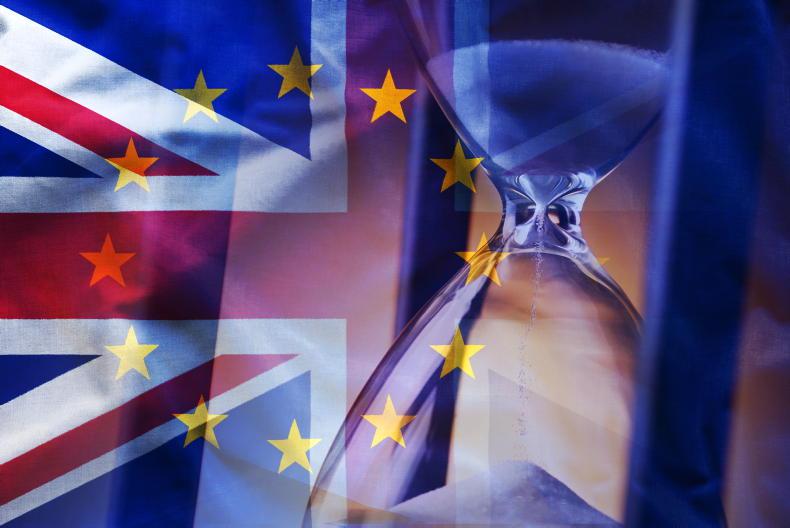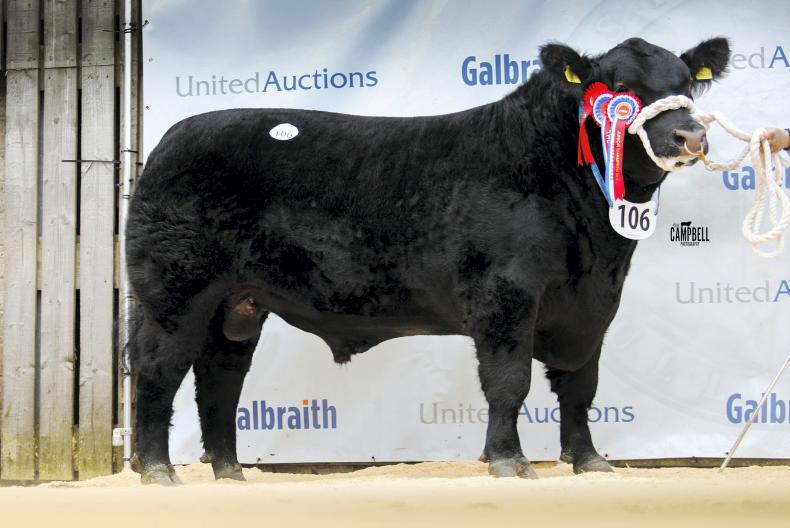The National Audit Office (NAO) in the UK has released a 64-page Regulating after EU Exit report this week which examines the effect of Brexit on key UK regulatory authorities. The report focuses on the impact of three organisations, the Health and Safety Executive (HSE), responsible for chemicals regulation, the Food Standards Agency (FSA) and the Competition and Markets Authority (CMA).
Each of these organisations has had to assume additional responsibilities by taking over roles previously undertaken by the EU.
The HSE is now the main regulator for chemicals in the UK while the FSA has additional responsibility for food and animal feed. The CMA has expanded duties in assessing mergers and enforcing competition lab in international cases with a UK dimension.
Staffing
This has added to the cost and staffing requirements of these organisations, The CMA estimate that the extra duties will add £20m to their annual budget and like the other organisations are struggling to fill vacancies. CMA has 25% of its legal roles unfilled.
Meanwhile, FAS has added 59 full-time equivalent posts to its science, evidence and research division, a 115% increase. They have issues recruiting toxicologists and veterinarians, an issue already flagged up by the British Veterinary Association.
It is a similar issue for HSE whose chemical regulation division is spending a quarter of its time in training and the HSE expects it will be another four years until they reach full capacity for a UK post-EU regulatory regime.
Regulators are also struggling to anticipate demand. For example, the FSA had 428 applications for new product authorisations in 2021 when they expected 150.
Loss of access to EU data
UK regulators have also lost access to EU data bases which removes the information sharing element of EU membership. This means a negative impact on the ability of regulators to make risk assessments and carry out their work.
A further problem is the slow development of regulatory cooperation with the EU. This is provided for in the Trade and Cooperation agreement but progress is slow with just one meeting of the committee responsible for this in October 2021.
Comment
Brexit means that the UK has to establish regulatory frameworks that were previously carried out by the EU. This isn’t consumer-facing but it comes at a cost and there is an inevitable element of duplication with the EU.
It will take time and resources to build this framework and as well as cost there is also the challenge of suitably qualified professionals to undertake these roles.
The outworking of this challenge can be seen through the ongoing deferral by the UK to introduce full border controls with the EU.
Read more
Yet another Brexit crisis unfolding
Brexit deal at risk
The National Audit Office (NAO) in the UK has released a 64-page Regulating after EU Exit report this week which examines the effect of Brexit on key UK regulatory authorities. The report focuses on the impact of three organisations, the Health and Safety Executive (HSE), responsible for chemicals regulation, the Food Standards Agency (FSA) and the Competition and Markets Authority (CMA).
Each of these organisations has had to assume additional responsibilities by taking over roles previously undertaken by the EU.
The HSE is now the main regulator for chemicals in the UK while the FSA has additional responsibility for food and animal feed. The CMA has expanded duties in assessing mergers and enforcing competition lab in international cases with a UK dimension.
Staffing
This has added to the cost and staffing requirements of these organisations, The CMA estimate that the extra duties will add £20m to their annual budget and like the other organisations are struggling to fill vacancies. CMA has 25% of its legal roles unfilled.
Meanwhile, FAS has added 59 full-time equivalent posts to its science, evidence and research division, a 115% increase. They have issues recruiting toxicologists and veterinarians, an issue already flagged up by the British Veterinary Association.
It is a similar issue for HSE whose chemical regulation division is spending a quarter of its time in training and the HSE expects it will be another four years until they reach full capacity for a UK post-EU regulatory regime.
Regulators are also struggling to anticipate demand. For example, the FSA had 428 applications for new product authorisations in 2021 when they expected 150.
Loss of access to EU data
UK regulators have also lost access to EU data bases which removes the information sharing element of EU membership. This means a negative impact on the ability of regulators to make risk assessments and carry out their work.
A further problem is the slow development of regulatory cooperation with the EU. This is provided for in the Trade and Cooperation agreement but progress is slow with just one meeting of the committee responsible for this in October 2021.
Comment
Brexit means that the UK has to establish regulatory frameworks that were previously carried out by the EU. This isn’t consumer-facing but it comes at a cost and there is an inevitable element of duplication with the EU.
It will take time and resources to build this framework and as well as cost there is also the challenge of suitably qualified professionals to undertake these roles.
The outworking of this challenge can be seen through the ongoing deferral by the UK to introduce full border controls with the EU.
Read more
Yet another Brexit crisis unfolding
Brexit deal at risk










SHARING OPTIONS